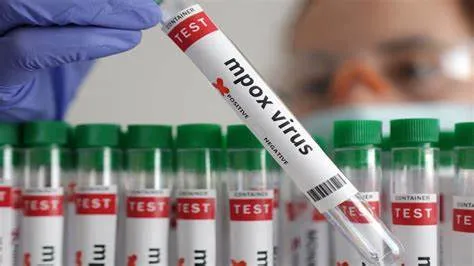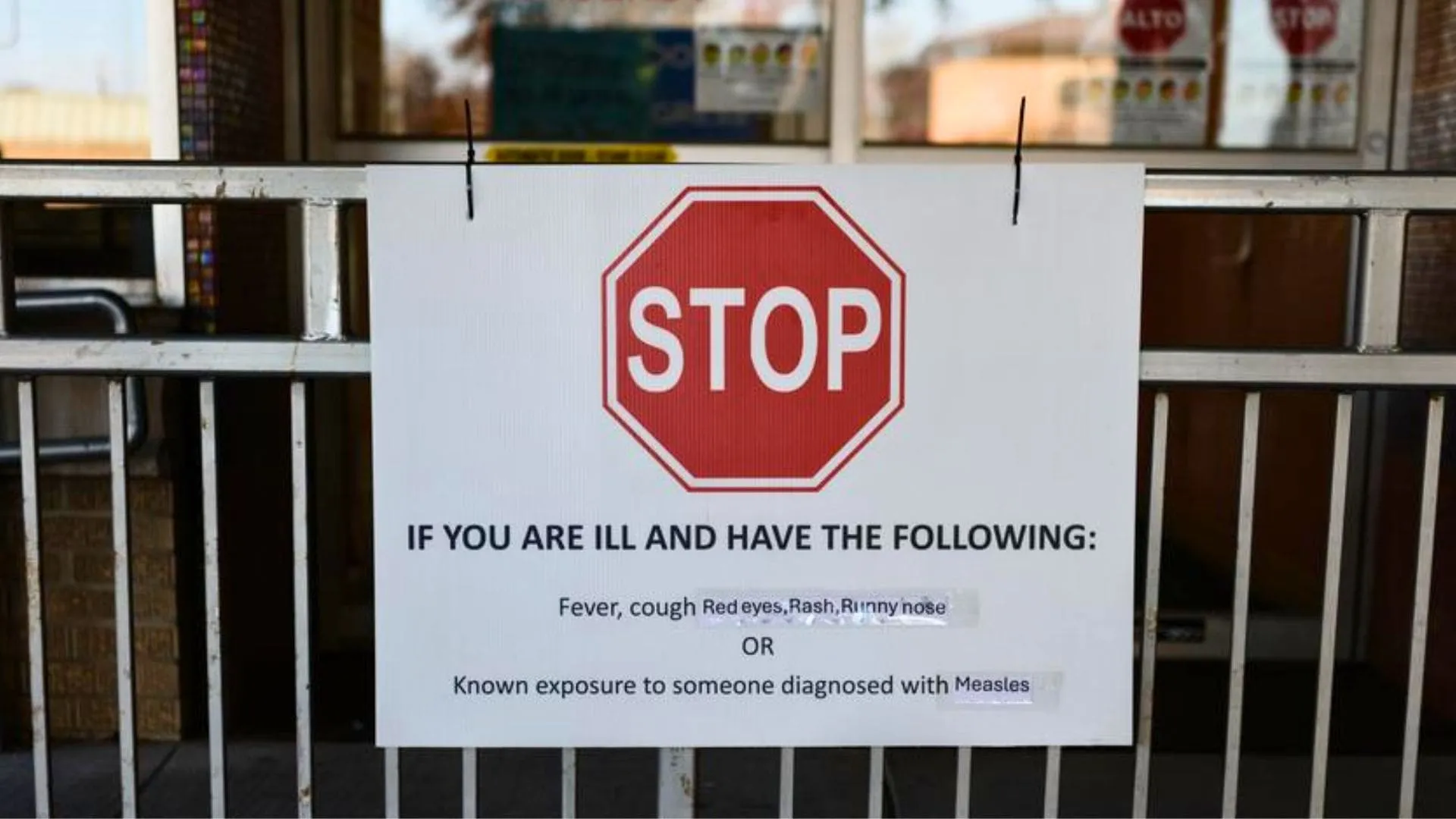Chinese health officials have recently identified a new mutated strain of mpox, termed clade Ib, marking a significant development in the global fight against this viral disease. The strain was detected in a foreigner who had traveled to and lived in the Democratic Republic of the Congo (DRC) before arriving in China. This discovery highlights the persistent risk posed by mpox, which the World Health Organization (WHO) had already classified as a global public health emergency in 2022.
The Outbreak in China
The China Centre for Disease Control and Prevention (China CDC) reported the detection of a cluster of cases linked to an individual carrying the clade Ib strain. This patient had traveled from the DRC, where mpox cases are endemic, particularly involving clade I. Following the identification of the index case, four additional cases were reported among close contacts, raising concerns about the transmissibility of this new strain.
Symptoms and Transmission
The symptoms observed in these patients were relatively mild, including:
- Skin rashes
- Blisters filled with pus
Mpox spreads primarily through close contact, including direct physical contact with infected individuals, contaminated materials, or infected animals. The disease is known to cause flu-like symptoms such as:
- Fever
- Body aches
- Fatigue
- Swollen lymph nodes
More severe cases can lead to painful lesions on the skin and a higher risk of complications.
Clade Ib: A Variant of Concern
The clade Ib strain, first reported in Congo and now detected in China, is characterized by higher virulence compared to other variants. This strain has been linked to more severe symptoms, an increased risk of complications, and a higher mortality rate—up to 10% in severe cases.
Global Spread of Clade Ib
The outbreak of clade Ib in the DRC last year was followed by cases reported in neighboring countries, including:
- Burundi
- Kenya
- Rwanda
- Uganda
This prompted the WHO to declare mpox a global health emergency in August 2023, emphasizing the urgency of controlling its spread.
China’s Response to Mpox
In response to the emergence of clade Ib, China has implemented robust measures to contain the virus:
- Screening Travelers and Goods: Authorities are closely monitoring international arrivals, particularly from mpox-affected regions.
- Disease Classification: The National Health Commission (NHC) has categorized mpox as a Category B infectious disease, enabling emergency actions such as:
- Restricting public gatherings
- Lockdowns
- Suspension of work and school activities during outbreaks
India’s Encounter with Clade Ib
India reported its first cases of the clade Ib variant in September 2023, with health officials warning of its higher transmissibility and severity. The Indian government quickly intensified efforts to screen for mpox, particularly at airports and ports of entry.
Clade Ib’s Higher Mortality Rate
A study published in Nature highlighted alarming statistics about clade Ib:
- 18,000 suspected cases in the DRC in 2024, many among children.
- Over 600 deaths potentially attributed to mpox.
Certain health conditions significantly increase the risk of mortality. For example, individuals with untreated HIV are nearly twice as likely to die from mpox due to compromised immunity. This is particularly concerning in African countries, where the HIV prevalence remains high.
What Is Mpox?
Mpox, also known as monkeypox, is caused by the monkeypox virus. It was first identified in 1958 among monkeys used in research. The disease later spread to humans, particularly in central and west African regions where the virus remains endemic.
Key Symptoms of Mpox:
- Fever, chills, and body aches
- Headaches and muscle pain
- Fatigue
- Distinct skin rashes that develop into blisters
- Swollen lymph nodes
The disease primarily spreads through:
- Person-to-person contact (e.g., skin-to-skin or respiratory droplets during prolonged contact)
- Animal-to-human contact (e.g., bites or scratches from infected animals)
- Contaminated materials (e.g., bedding, clothing, or surfaces)
Most cases resolve on their own, but severe cases require antiviral treatment.
Two Distinct Clades of Mpox
The mpox virus has two primary clades:
- Clade I: Includes subclades Ia and Ib. Clade Ib is the variant linked to the recent outbreak.
- Clade II: Includes subclades IIa and IIb.
Clade Ib is of particular concern due to its ability to spread easily through human-to-human contact, including sexual contact, as reported in numerous cases.
WHO’s Vaccine Initiative
In September 2023, the WHO approved the first vaccine for mpox, known as MVA-BN. This vaccine has been added to the WHO’s prequalification list, making it more accessible globally.
Key Features of the MVA-BN Vaccine:
- Administered in two doses, given four weeks apart.
- Approved for individuals aged 18 and above.
- Remains stable for up to eight weeks at temperatures between 2-8 degrees Celsius.
The vaccine is expected to play a pivotal role in preventing the spread of clade Ib and other variants.
Global Implications
The detection of the clade Ib strain in China underscores the global nature of the mpox threat. Its emergence highlights the importance of early detection, quarantine protocols, and international cooperation to control outbreaks.
Future Directions
- Enhanced Surveillance: Countries must ramp up testing and tracking efforts, particularly in regions with high mpox prevalence.
- Public Awareness: Educating the public about mpox symptoms, transmission, and prevention is essential.
- Vaccine Distribution: Efforts should focus on making the MVA-BN vaccine widely available, especially in developing nations.
The global community must remain vigilant to prevent further outbreaks, particularly of more virulent strains like clade Ib. While the situation is under control in most countries, the potential for cross-border spread remains a serious concern.
The discovery of a new mpox variant in China serves as a stark reminder of the ever-evolving nature of infectious diseases. With global health agencies working tirelessly to control its spread, the fight against mpox requires collective action, robust public health measures, and continued research to safeguard vulnerable populations.























